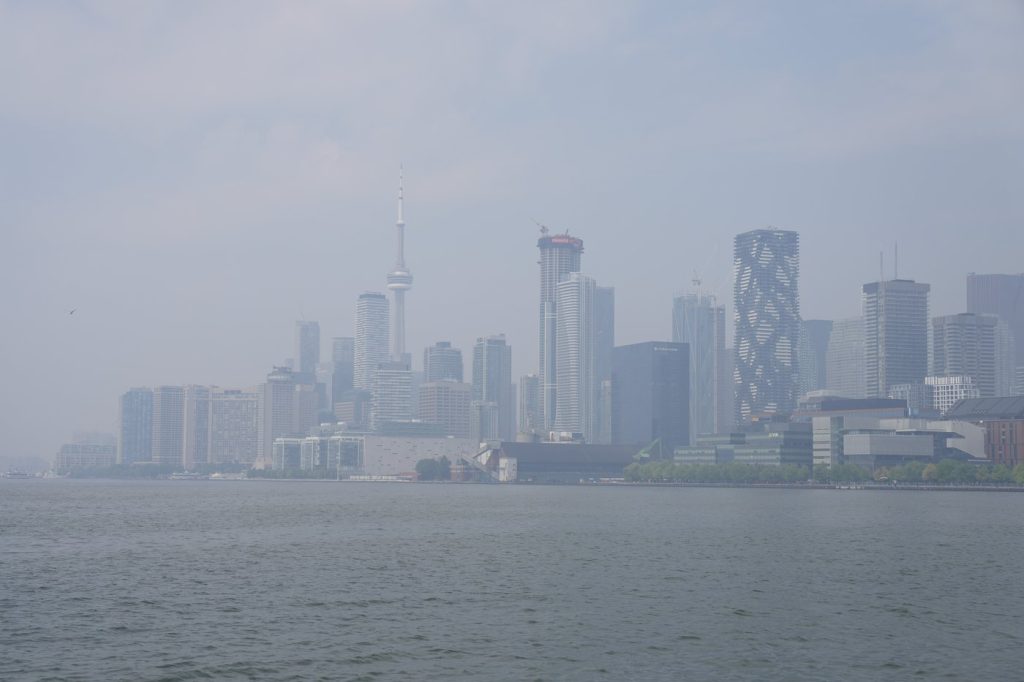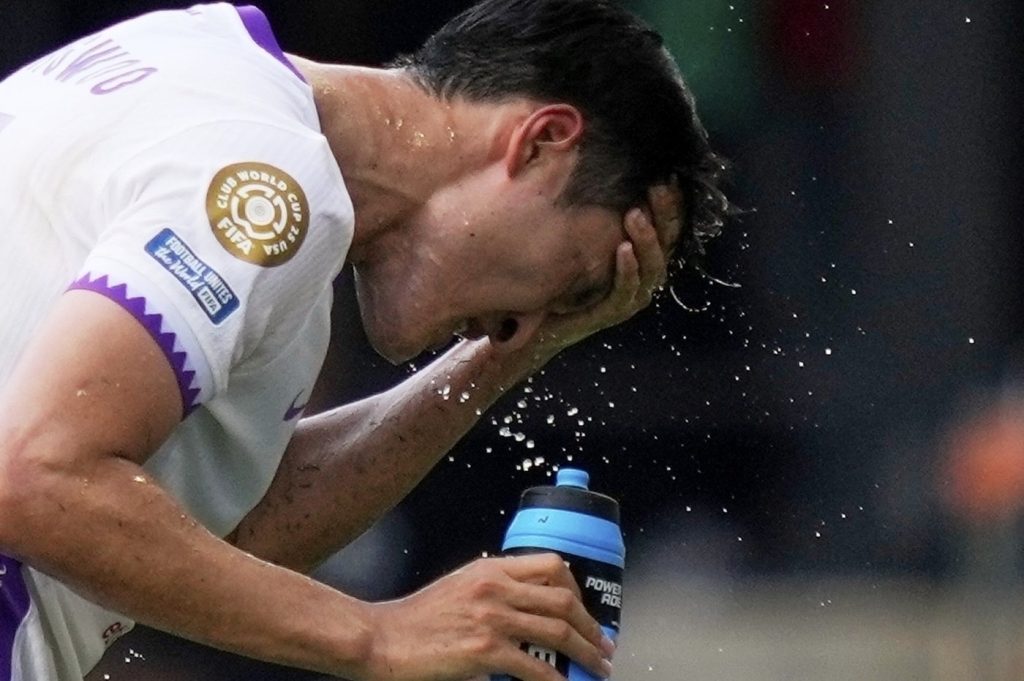TORONTO (AP) - The preparations for the 2026 World Cup, which will take place in Canada, Mexico, and the United States, are underway less than a year before the tournament is set to kick off from June 11 to July 19, 2026. However, the organization of matches appears complicated by unclear FIFA protocols regarding air quality, particularly concerning wildfire smoke.
Canada is scheduled to host 13 matches during the World Cup, with seven matches taking place in Vancouver and six in Toronto. The urgent discussion arose following a day when Toronto experienced some of the worst air quality in the world, prompting questions about policies for postponement or contingencies related to air quality, which have yet to be revealed by the organizing committee.
On the day in question, the Air Quality Health Index (AQHI) in Toronto soared over 10, indicating a "very high risk." By late afternoon, it dropped to a still concerning "high risk" rating of 8. This escalation in air pollution, attributed to widespread wildfires across Canada, has intensified scrutiny over the management of health risks during the upcoming World Cup.
This year's fire season is noted as the second-largest on record for Canada, following the most destructive wildfire season in 2023. According to Natural Resources Canada, more than 6,000 wildfires have scorched 37 million acres (15 million hectares) of land this year alone. The deleterious effect of wildfires on air quality has become a critical public health concern, and Dr. Howard Shapiro, an associate medical officer of health in Toronto, emphasized ongoing evaluations of air-quality issues ahead of the World Cup.
Toronto Public Health (TPH) is actively considering the latest guidelines and best practices concerning environmental health. Dr. Shapiro's statement noted that TPH aims to provide recommendations on public health risks, enabling effective contingency planning to protect the health and safety of residents, visitors, and World Cup participants.
Experts have advised that outdoor activities should be rescheduled when the AQHI exceeds 7 to safeguard vulnerable populations, including individuals 65 or older, pregnant women, young children, and those with pre-existing health conditions. Dr. Andrew Halayko, a physiology and pathophysiology professor at the University of Manitoba, echoed this sentiment, indicating the crucial nature of air quality in sporting event protocols.
However, some medical professionals contend that establishing a clear threshold for air quality that warrants the cancellation of events is challenging. Dr. Christopher Carlsten, head of the respiratory medicine division at the University of British Columbia, stated that the assessment must always be context-based, taking into account the audience's demographics and the air quality forecast, indicating the need for a case-by-case evaluation.
The impact of air quality on athletes is a subject of ongoing debate. While some experts argue that the overall health and youthfulness of athletes may help them endure poor air conditions, this perspective is not universally accepted. Michael Brauer, a professor at the University of British Columbia’s Faculty of Medicine, pointed out that even low levels of pollution can impair cognitive function, thereby affecting athletic performance and increasing the potential for injuries. The concern is that diminished cognitive ability could lead to critical errors during high-stakes moments in a match.
In response to air quality concerns, the Canadian Football League has established an agreement with its players to postpone games if the AQHI reaches a level above seven. This proactive approach encapsulates the heightened awareness surrounding air quality and its potential implications for sporting events.












